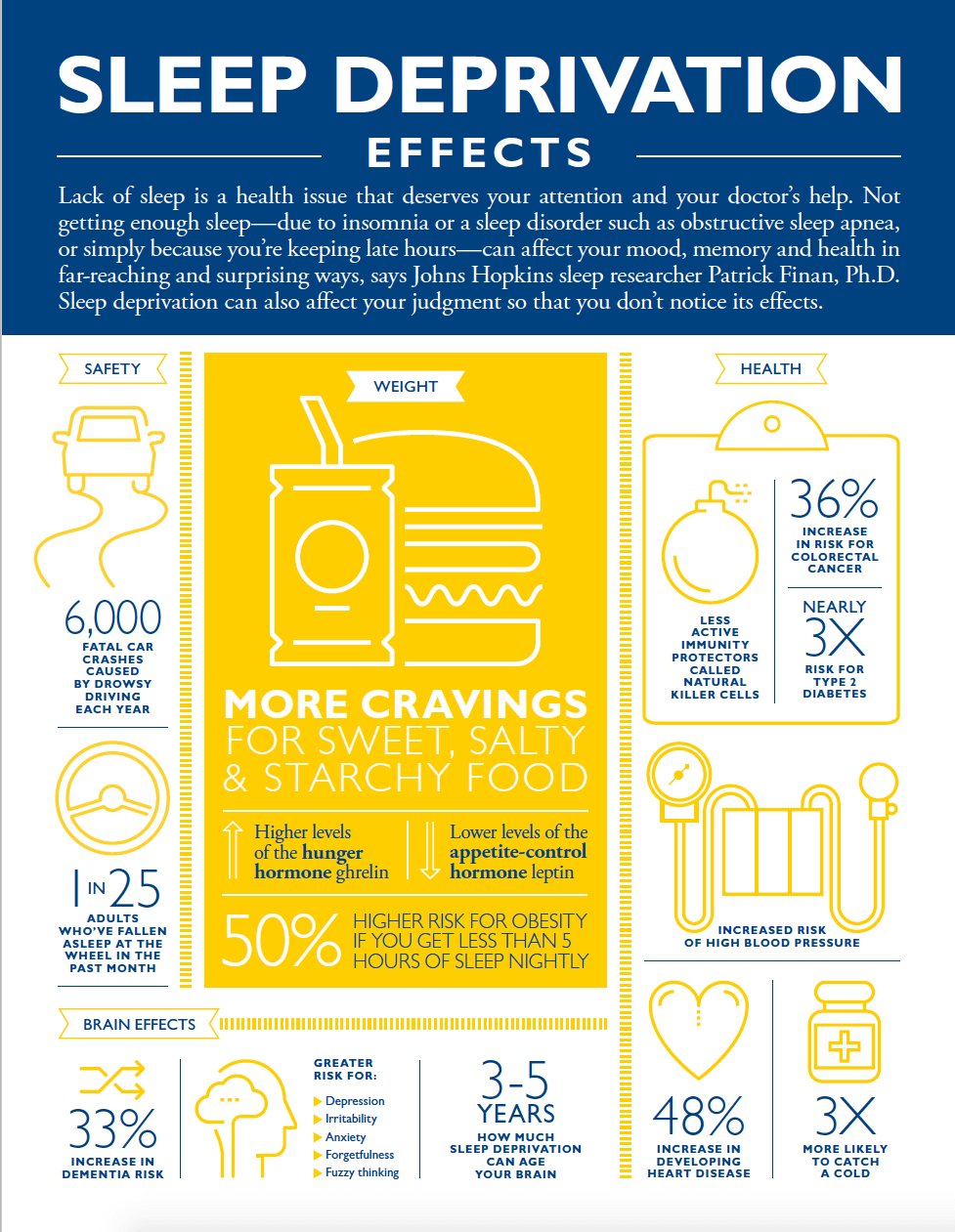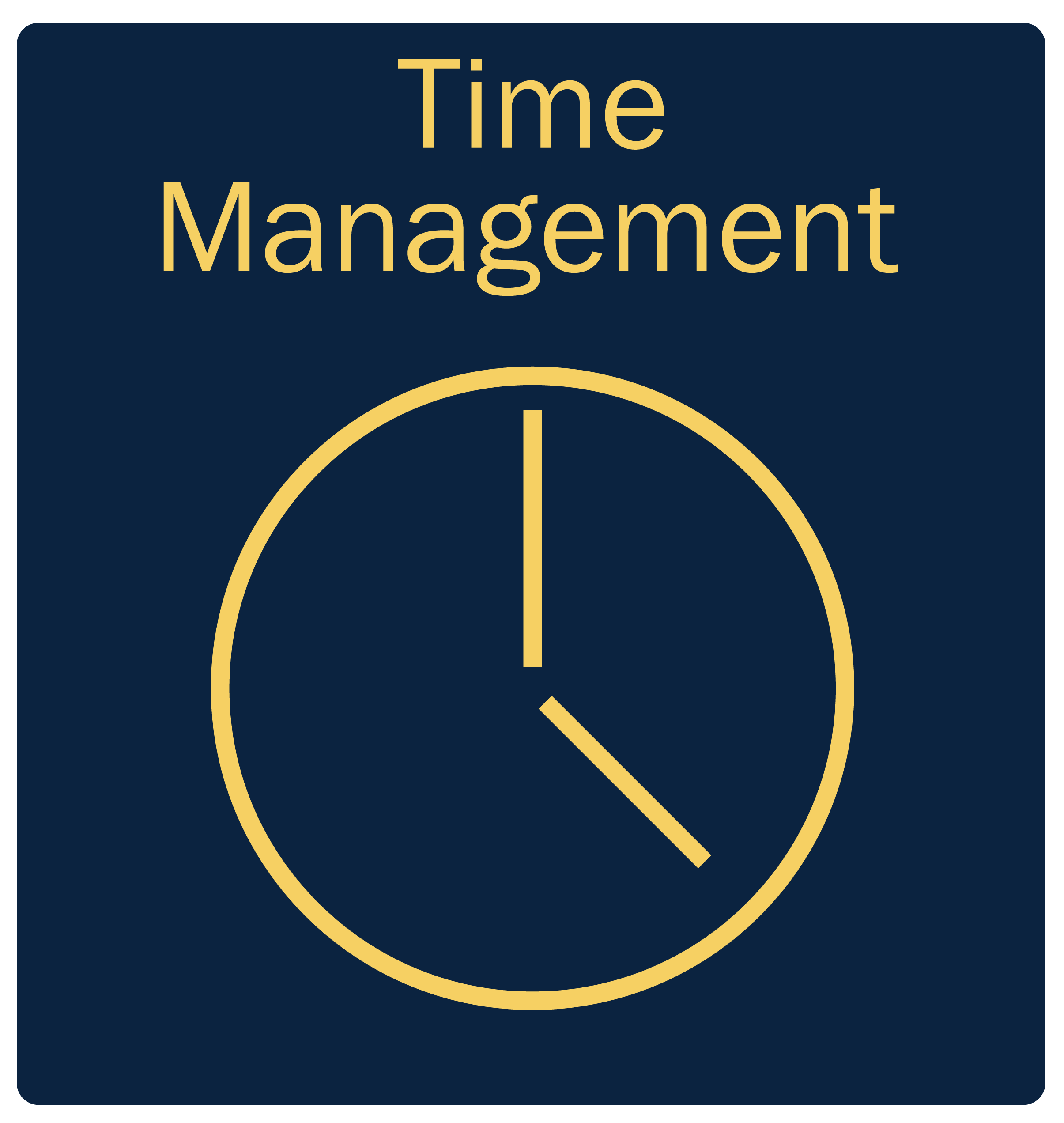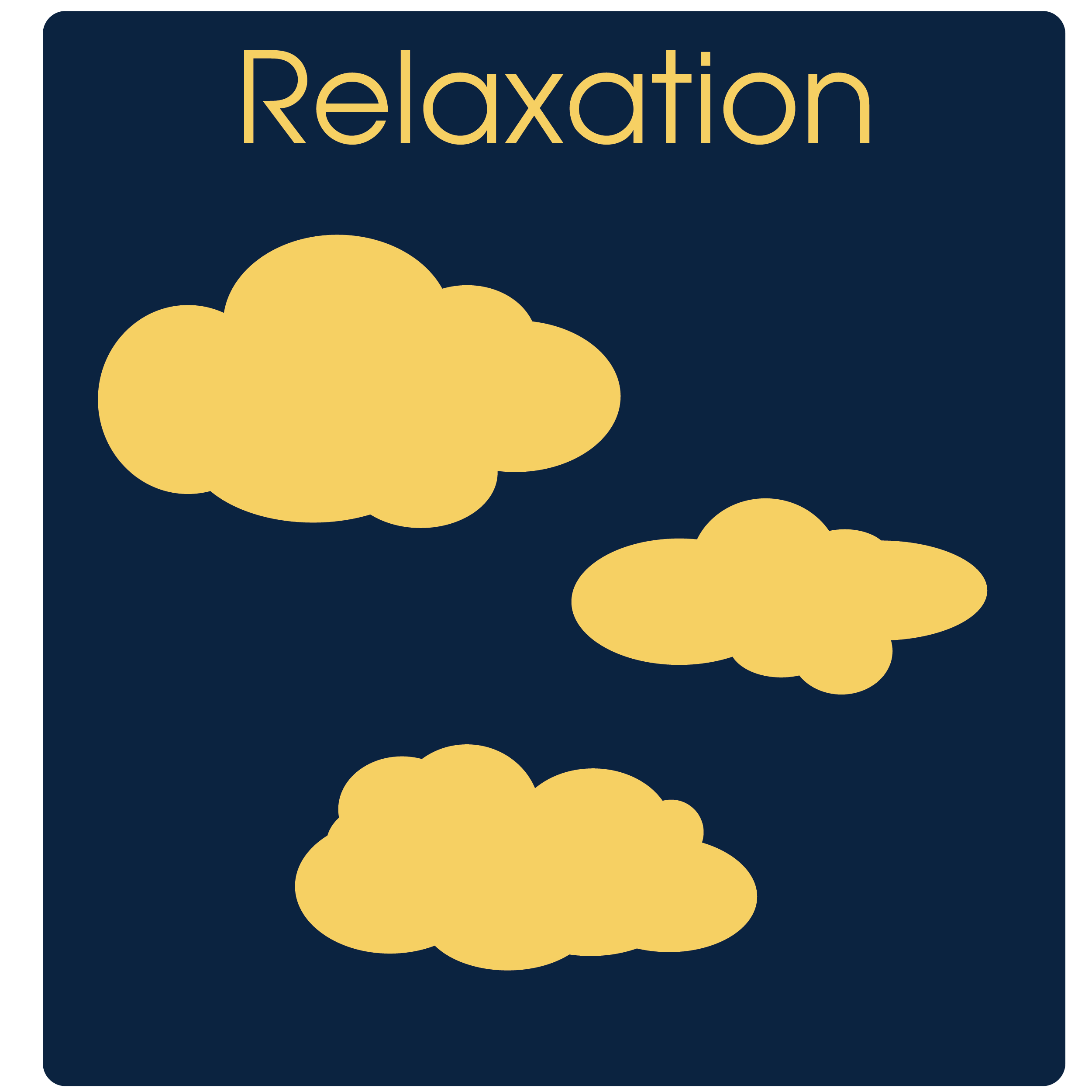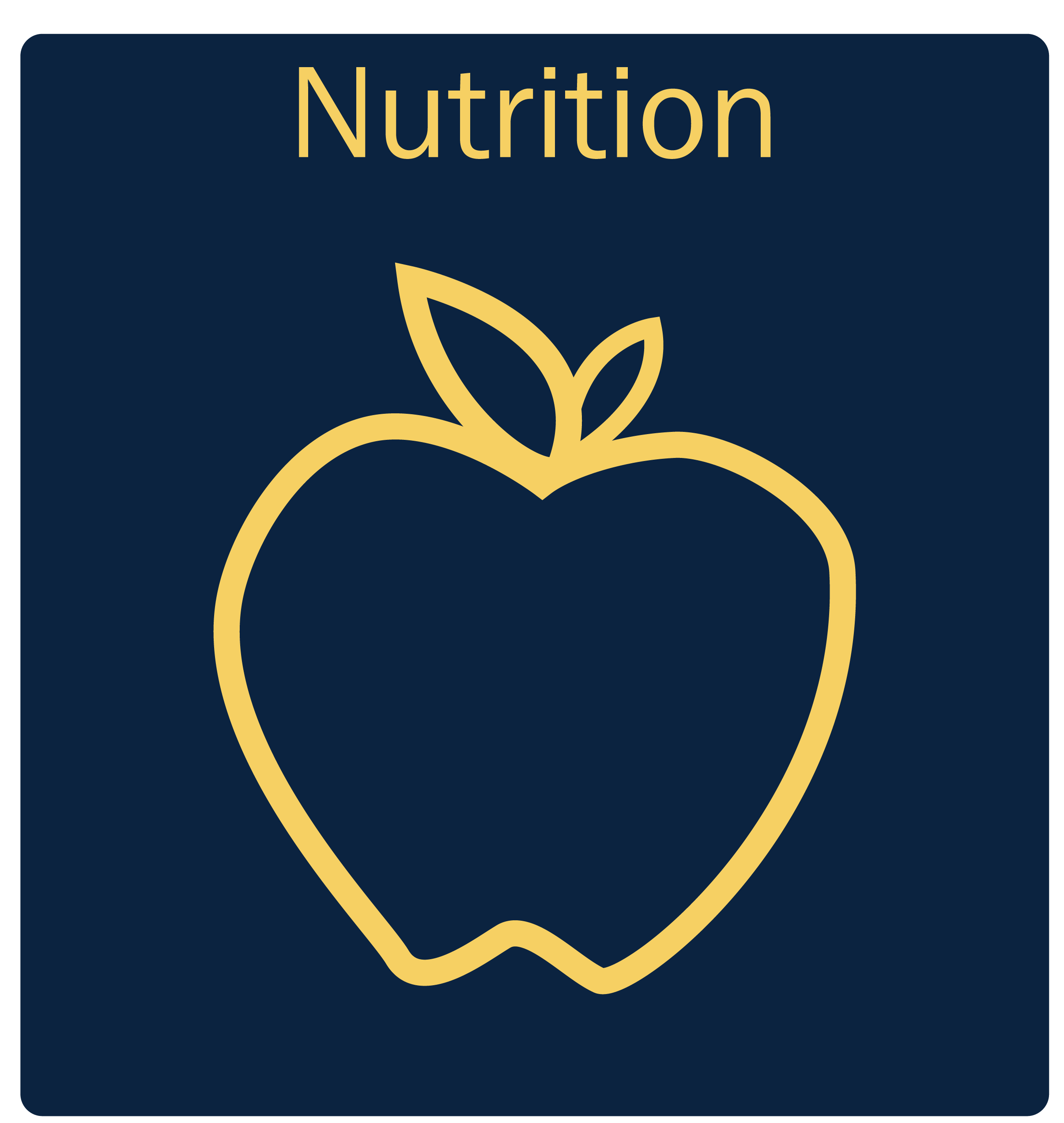Manage Your Stress
Positive Ways to Manage Stress
Stress can be physical, mental, social, financial, or a combination. Stress is unavoidable, and we all experience stress in some form throughout our lives. However, there are a few coping strategies and healthy habits that can both reduce stress and protect against the negative effects stress can have on the body.
Please visit these links for assistance with Finance and Money, Nutrition and Cooking, Health Issues, Family, Substance Use/Misuse, andSuicide Prevention.
Please use these quick links to access information on this page directly:
TIME MANAGEMENT
Time management is an essential component of managing stress. In the complex navigation of daily life, there are numerous opportunities for specific time management and prioritization.
In order to create an effective balance between work, education, pleasure, and social time, the ability to manage time is absolutely necessary. Without appropriate balance, it is easy to become overwhelmed. Life is complicated enough without the addition of stress that will negatively impact health, both mental and physical.
With constant stressors and lack of management, the problem becomes a negative feedback loop, where time is lost with inefficiency and increasing mental health issues contribute to the “inability to concentrate on work due to constant worrying or anxiety” (MT Farm and Ranch Stress Resource Clearinghouse). In a high pressure and intrinsically time sensitive job field like agriculture, stress and mental health are extremely important. Simple practices can help mitigate stress and improve quality of life.
TED Talk: How to manage your time more effectively (according to machines) by Brian Christian
Brian Christian is the author of The Most Human Human, The Alignment Problem, and co-author of Algorithms to Live By. He has degrees is philosophy, computer science, and poetry from Brown University and the University of Washington.
Principles of Effective Time Management for Balance, Well-being, and Success, by Princeton University, McGraw Center for Teaching and Learning .
Exercise Regularly
As farmers and ranchers, your work can often be physically demanding. However, it is important to be active outside of work. Try to get your heart rate up regularly to not only improve blood flow and heart health, but to strengthen your stabilizing muscles, which will reduce the risk of a lifting injury.
Why Exercise?
-Being more physically active is one of the best things you can do to manage stress. Exercise reduces adrenaline and cortisol, two stress hormones that can have negative effects on both mental and physical health.
-Moving more can also reduce fatigue, improve blood flow, and relieve feelings of tension, anxiety and anger.
-Movement and exercise don’t have to be hard, or even involve going to the gym!
-How much exercise should I get? Find recommended exercise guidelines based on your age and health.
-Exercise can also be relaxing- find out how exercise helps relax you and reduces stress!
-Here are some exercise tips for manual laborers.
Here are some easy ways to exercise more
-Visit MSU Extension's Health & Wellness Physical Activity webpage for exercise programs, videos, and information on physical activity.
-Go for a walk outside with a friend instead of catching up over a beverage or dinner.
-Stand up and stretch during repetitive movements or activities.
-Schedule in short movement breaks while operating machinery or driving to increase blood flow and concentration.
-Start slow and take it easy but challenge yourself to increase the time spent being active each week or go further each time you walk.
-Get the whole family involved in a yard game or group walk.
Check out these videos that can be done from the comfort of your home
-Full Body Workout for Total Beginners
-Reduce Lower-back Pain with this Stretching Routine
Interview with Dr. Orendorff, Health and Physical Education Professor at MSU
Health and Physical Education professor, Dr. Orendorff, shares her perspective on how exercise can impact stress levels.
Make Time to Relax
It might seem counter-intuitive to sit down and close your eyes during a stressful time, but sometimes, the most productive thing you can do is take a couple of minutes to breath and relax. Intentional relaxation slows our heart rate, reduces blood pressure, and can help you think more positively and react to stressful situations with more concentration and effective decision making.
Work Life Balance
This MSU Extension article "Enhancing Work-Life Balance" provides tools to help you divide workload and priorities into actions of do, plan, delegate or eliminate based on the urgency and importance of the tasks at hand.
Ways to Relax
-Visualization, mindfulness, walking meditations, or simply taking a short break from work are all ways to incorporate relaxation into your daily routine.
-Some people choose to relax by focusing on breathing, which is a key element of mindfulness meditation.
-By definition, mindfulness is "a means of paying attention in a particular way; on purpose, in the present moment, and nonjudgmentally." - Jon Kabat-Zinn.
Give mindfulness a try by following along with any of these three meditations by Michelle Grocke, PhD: Visit our Meditations page to listen to any/all of these mindfulness visualizations:
-Try this free Mindfulness Relaxation Download
Nutrition
Eating a well-balanced diet full of nutrients is the foundation of a healthy body. Healthy eating doesn’t have to be hard or expensive, and getting enough of what your body needs can help reduce stress and supply you with the energy and immune function to protect against disease and the negative effects of stress.
-
- Recipes from Buy, Eat Live Better
- Eating enough healthy fats, veggies, and high-fiber foods can help protect against the toll stress takes on your body.
- USDA: 30-minute healthy recipes for busy people. Getting a healthy meal doesn’t have to take long
Montana Farm to School
Montana Farm to School is a program that connects local agriculture producers with
schools to provide nutritious meals and food education to schools while promoting
the work of local farmers. This program promotes sustainability, strengthening the
local economy, and bringing communities closer together.
Farming First
Farming First is a multi-stakeholder coalition that seeks to promote and develop sustainable
agriculture practices that support farmers and agriculture producers. They aim to
return farmers to the center of policy discussions and focus on food security. Additionally,
this coalition aims to help agriculture producers collaborate to share knowledge and
resources.
Interview with Dr. Colleen Kaiser, Nutrition Professor at MSU
From meal prepping for the week to what a healthy diet looks like, Dr. Kaiser talks on nutrition and its importance to overall well-being.
Limit Alcohol and Caffeine
Alcohol is a depressant, which means that even small amounts can make you feel relaxed in the short term. In the long term, excessive alcohol consumption can compound the effects of stress. Excessive alcohol consumption may also lead to a shift in your hormonal balance and can make you less effective at managing stress.
-At the end of a hard day, unwind with some light exercise and a non-alcoholic treat, like one of these alcohol-free cocktails or a seltzer water.
Caffeine can make us feel alert and awake, but it also elevates cortisol levels, triggering our stress response. Excessive Caffeine impacts sleep quality and can be a problem for people with anxiety.
-The FDA recommends consuming no more than 400mg of caffeine per day (about 4 cups of regular-strength coffee). Some people are more sensitive to caffeine than others. If you experience nausea, headaches, or jitters, you may be over-caffeinated.
-Don’t forget that caffeine occurs in many foods like chocolate, and many beverages like soft drinks, green or black tea. Energy supplements also contain caffeine.
-Caffeine can lead to increased blood pressure and can make pre-existing anxiety even worse.
-Limiting caffeine can help improve sleep quality and quantity. Even if you can fall asleep after consuming caffeine, the stimulating effects can reduce the time you spend in deep sleep.
-Remember that one cup of coffee takes about 4-6 hours to metabolize, so try to avoid caffeine for at least six hours before bedtime.
Prioritize Quality Sleep
Sleeping enough on a regular schedule can help us regulate our mood, sharpen our judgement and concentration skills, and help us to cope with stress.
-30% of Montana adults reported sleeping less than the recommended 7 hours per night.
-Sleeping too little is called "short sleep" and can be caused by stress itself.
-Fatigue and exhaustion can reduce reaction times and may increase mistakes or accidents/injury, which is especially important if you operate machinery.
-Getting quality sleep can protect you against negative health outcomes and can help
you better manage stress.
Agriculture workers often experience the following which both affects sleep or may
be the source of stress-related short sleep:
-Long working hours
-Extended concentration and/or long machinery operation times
-Unpredictable schedules
-Few days off
-Complex decision making
Need help sleeping?
-This video from Tech Insider features sleep expert and neuroscientist Matthew Walker, who gives his top five tips for achieving better sleep. Walker advises establishing a sleep schedule, avoiding screens and light before bed, keeping your room cool, avoiding alcohol and caffeine around bedtime, and training your brain to associate your bed with sleep. Walker also mentions practicing meditation for relaxing the mind and body.
-Some people enjoy a guided sleep meditation, while others prefer calming music or nature sounds to help them relax.
-Watch this lecture by Dr. Karman from Expert Sleep Medicine to learn more about farmers and sleep wellness.
Interview with Dr. Palmer, MSU Sleep Lab
Quality sleep is more important than just good sleep. Dr. Palmer of the MSU Sleep Lab talks about quality sleep and sleep schedules.
Talk to Others: A Professional, Family or Friends:
While it is nice to have friends and family that listen to you talk about your stressors and how you are trying to cope, a neutral third party like a counsellor, therapist, or social worker can help you process why you are feeling the way you are, and give you some tips on how to cope. Talking with a professional provides a safe space to work through life challenges. Even if you don’t feel like you are in crisis, it could be helpful to talk to someone.
Consider talking to a professional counselor if you find yourself feeling overwhelmed, fatiqued, or disproportionately angry. Therapy may also help if you often feel afraid of people or public spaces, experience anxious or intrusive thoughts, apathy or lack of interest in the world around you. If you are experiencing hopelessness or social withdrawal, talking to a counselor may also be greatly beneficial to you.
MSU Extension has developed a Mental Wellness Conversation Curriculum to assist communities in talking about mental health. Learn more about the program on this MWCC website page.
Here are some options of whom to call:
Western Montana Mental Health Center offers online/phone therapy from the comfort of your home. Call 406-556-6500 to schedule or for any questions.
Summit Therapy Center PC offers in-person and telehealth counseling services in both Spanish and English at 547 South 20th Street W, Suite 5, Billings MT. Call 406-272-2606 to schedule or for any questions.
Human Development Clinic- MSU offers telehealth counseling services for individuals living across Montana. Call (406) 994-4113 to schedule or for any questions.
FARM AID HOTLINE 1-800-FARM-AID (1-800-327-6243) *As of April 2021, hotline hours will be Monday through Friday, 6am-
7pm Pacific Standard Time.
If you want to connect with a hotline staff outside of hotline hours, please fill out a form here.
Family and friends
Read "Responding to people under pressure under the big sky." for help determining the level of assistance to provide for a person you know suffering from stress
If you are feeling hopeless seek professional help immediately or call the Montana Suicide Prevention hotline at 1-800-273-TALK (8255) 24-hours a day, seven days a week or text "MT" to 741 741.
Interview with Dr. Laura Thum, MSU Counseling and Psychological Services
Dr. Laura Thum talks about the benefits of reaching out to mental health professionals and getting help for stress. As a member of the on-campus counseling and psychological services she provides a great insightintotalking with trained professionals.
More Information
Find more detailed information on stress and stress management at nimh.nih.gov , cdc.gov, and mentalhealth.gov







